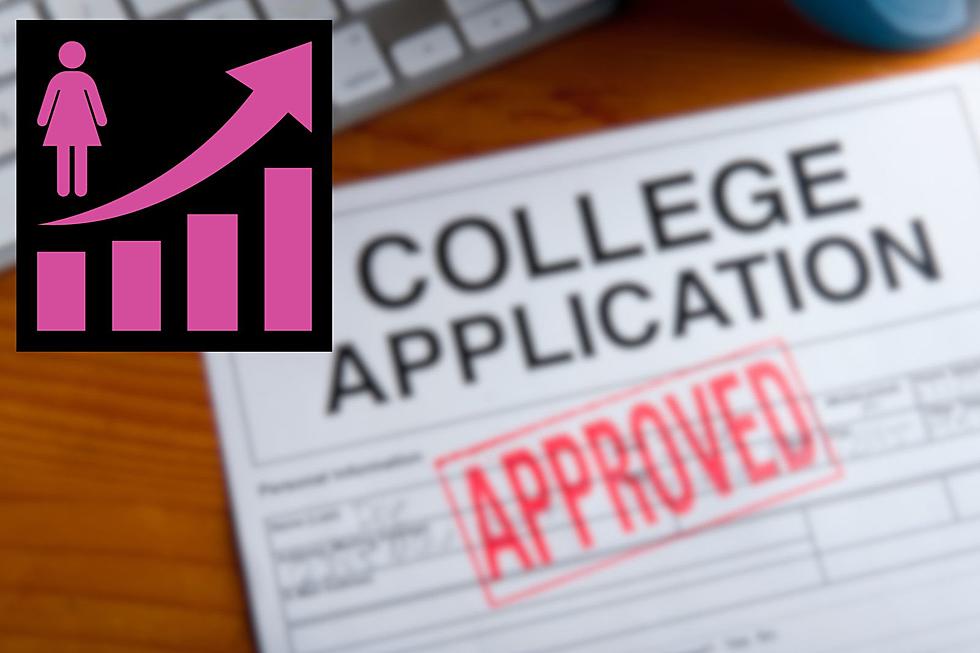
Pennsylvania lawmakers want to boost tuition aid applications
(The Center Square) – Pennsylvania legislators want more ways to help prospective college students access the funding they need to meet steep tuition demands.
That’s why the House Democratic Policy Committee met to discuss increasing completion rates of federal aid forms across the state. According to the hearing’s organizer Rep. Melissa Cerrato, D-Horsham, over $24 billion in federal and state loans, grant, and other funding goes untouched each year.

The FAFSA, or federal application required to receive student aid, is a prerequisite for most other grants, scholarships and other aid. In line with the 2021 Consolidated Appropriations Act, the application was overhauled in the interest of simplification. Despite the new system deployed for 2024-25, students still face many obstacles to make college affordable.
“It is our responsibility to make sure students are set up for success if they choose to pursue higher education,” said Cerrato.
Counselor Patrick Brett of North Penn High School testified that his students deal with a lot of issues, from technical difficulties like broken links to language barriers, lacking internet access and technicalities within the form. Many families opt out of the form, believing they are ineligible to receive aid due to their income.
For motivated families, the answer is often to turn to their districts for assistance. Unfortunately, persistent staffing shortages means far fewer counselors are available to meet the needs of the states’ thousands of college-bound students.
Brett said he’s the only “future plans” counselor for his school of over 3,000 students. This means he does not have the opportunity to sit with each graduating senior to talk about their college plans, much less to assist with the daunting process of combing through families’ personal financial information for the form.
He also recommends building a practice FAFSA into the state’s newly mandated personal finance courses. The course poses the potential not only to prepare students for forms like FAFSA, but for undertaking the significant financial burden of higher education.
Throughout the hearing, testifiers and lawmakers alike commented on the current status of their student loans, many of whom noted several decades had since passed.
Some representatives went so far as to ask if it’s even worth it for students to attend college as tuition continues to rise and degrees seem less relevant to the work students are being asked to complete in the field.
“I’m just curious, would you still recommend that a student consider a college education and a college degree?” Rep. Dan Williams, D-Thorndale, asked Diona Brown, the director of school services for the Pennsylvania Higher Education Assistance Agency.
“It’s up for each family to make that determination on their own,” she said. “Wages are not the only thing that someone’s going to take into consideration when they’re going after a career, so I think it’s going to be a holistic view of everything that they’re looking at when determining whether or not college is the right fit for them.”
Brown insisted that her organization doesn’t “sell college,” but was created “to provide affordable access to higher education for PA students.” Much of her role includes educating students and their families about the aid available to them. Her team has over 50 public events scheduled to help families complete this year’s FAFSA.
In June, the Senate approved a bill that compels mandatory FAFSA completion for high school seniors. It awaits action in the House.
More From New Jersey 101.5 FM









